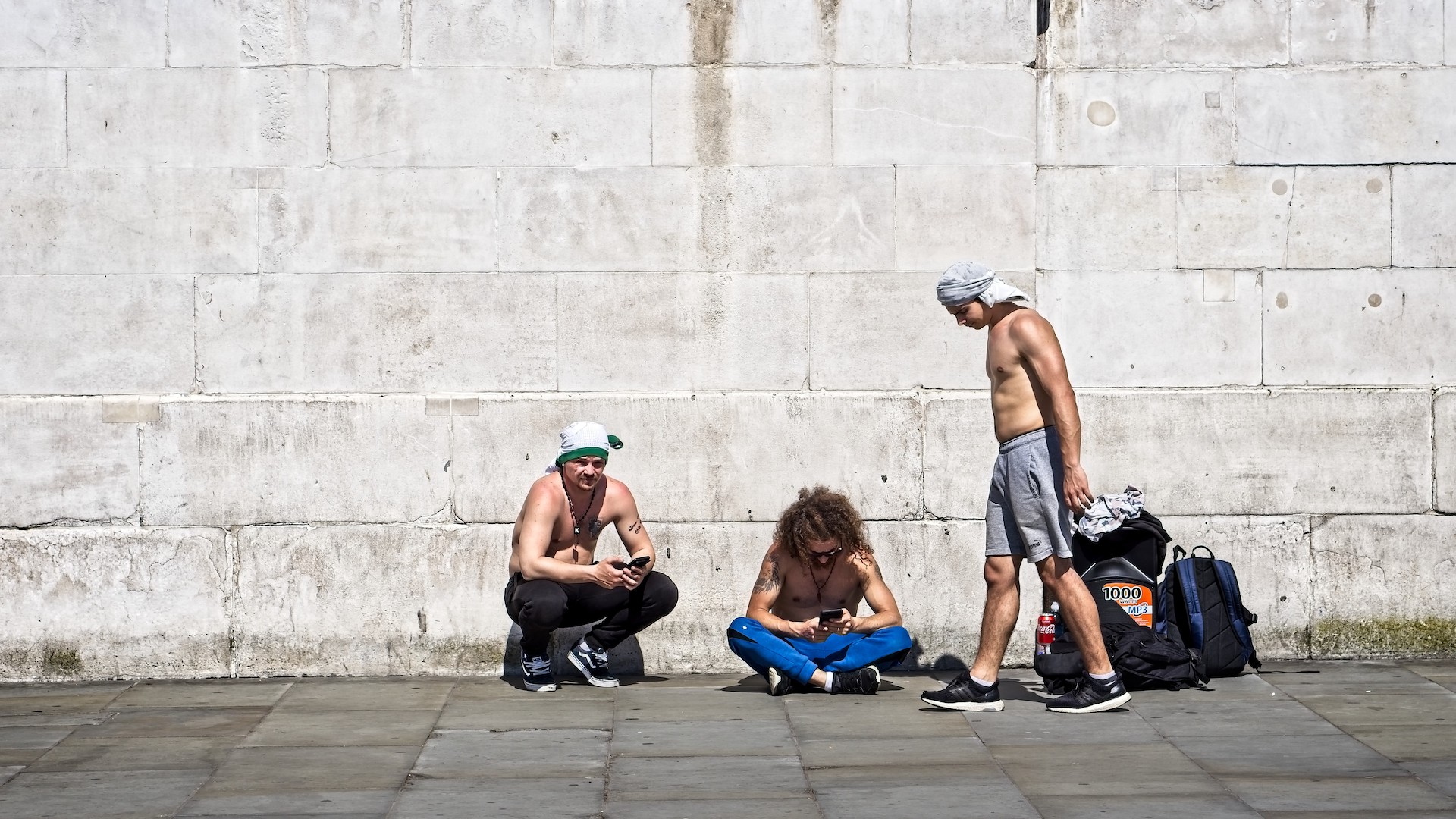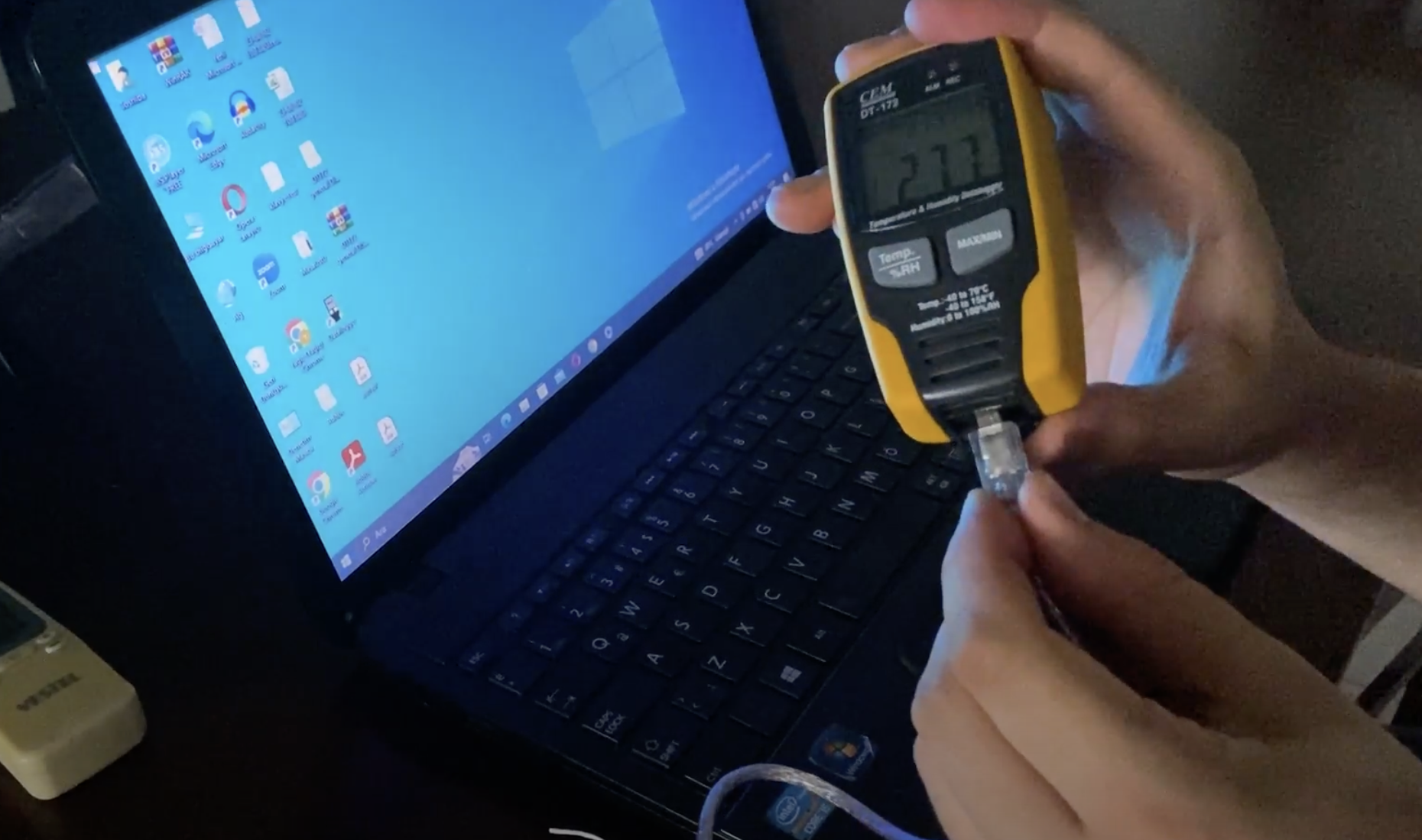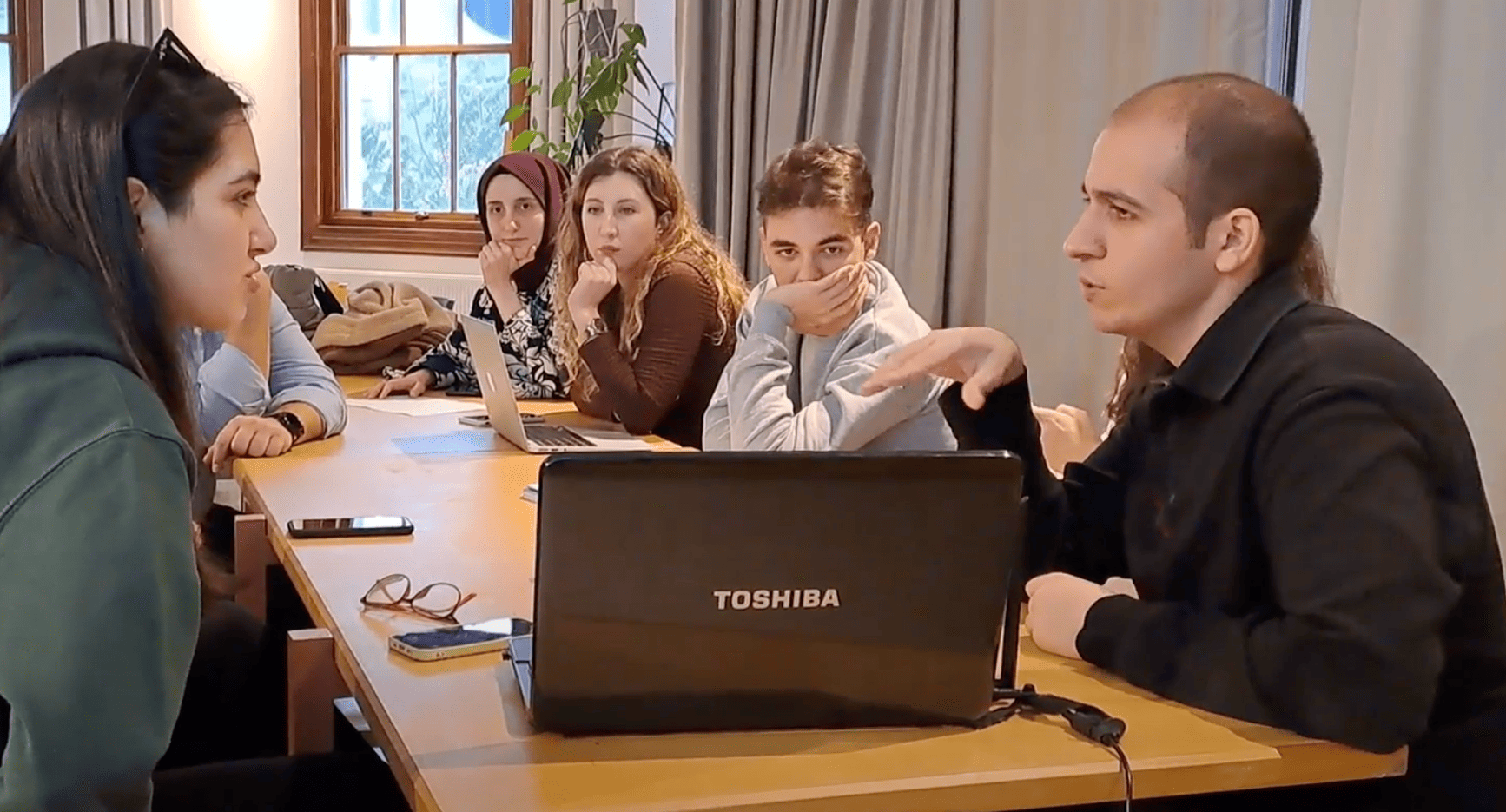Project Description:
Our project is a contribution to the climate & social justice struggle to increase people’s resilience, influence public opinion through creative storytelling methods, and raise the awareness of policymakers by producing quantitative and qualitative data on the vulnerability of individuals and households regarding energy poverty and heat waves.
Project Type: Kick Starter
Theme: Cities for Life, Socio-economic inclusion
Mentor: Yaela Golumbic
Domestic Heat Comfort for Energy Poverty and Climate Adaptation
Hot summer days are favoured by many compared to cold winter days.
Summer means longer, hotter days and for most of us the start of the holiday season. It also is our annual farewell to troublesome weather that can be challenging to some, and potentially fatal to others, such as heavy rainfall, snow and the cold temperature.
However, over the recent decade, it can be said that summer days are losing their popularity, as the climate crisis seems to be driving up temperatures to unbearably high levels.
In light of these changes and the ongoing effects of climate change, we need deliberate and adaptive mechanisms that can protect us and our most at-risk communities from the already tangible effects of the climate crisis. But first and foremost, we need to learn that heat can have deadly health effects.

This is one of the many reasons why researching extreme heat from the perspective of climate adaptation and generating data on the subject is becoming increasingly necessary. Unfortunately, policy mechanisms in this area, especially in Turkey, are lagging far behind. An example of this would be the lack of a specifically designed early warning system for heatwaves or a framework for monitoring health effects related to heat.

In this context, in June 2023, the Center for Spatial Justice launched the project “Domestic Heat Comfort for Energy Poverty and Climate Adaptation” to explore the experiences of individuals and households regarding extreme heat in Istanbul, with the help of citizen science methods during the summer of 2023. As part of this investigation, we provided heat and humidity sensors to 32 households, with a specific focus on individuals from disadvantaged groups; such as the elderly, women, and children under 14. Using this equipment, we monitored the physical conditions these households were exposed to during the summer months. Furthermore, we also conducted interviews with participants to produce qualitative data about their experiences.
Using this feedback, we compiled and examined this information and used it to produce datasets and a report. Alongside this activity, we also created a second community called “facilitator citizen scientists”, mostly consisting of higher education students and active citizens. We consulted this group to obtain additional support and perspectives to support our project’s research design, its implementation, and the creation of interview questions. Our citizen scientists also participated in scheduled home visits to participating households and played a role in analysing the data collected.

To gain further insights from our participating communities, we organised two capacity-building activities to facilitate community building, communicating the aims of the project to participants and facilitators, and engaging with different stakeholders about the issues surrounding increasing summer temperatures.
To also help us spread our message and to increase the visibility of the issue on social media, we organised a closing dissemination event and recorded two podcasts (which can be listened to here and here) and a video detailing our key findings and the potential health issues of increasingly warmer summers.
Throughout the process, IMPETUS essentially gave us a facilitating framework to apply the citizen science methods that we have been curious about for some time. In this context, they provided us with the necessary funding, the training we needed, and a mentor and community we could consult/inspire when needed. In the coming period, we want to continue the project and scale it up, both in terms of time and scope to have a more robust research and advocacy. We also intend to sustain our relations to address the heating needs of household participants to address their heating needs during winter.



